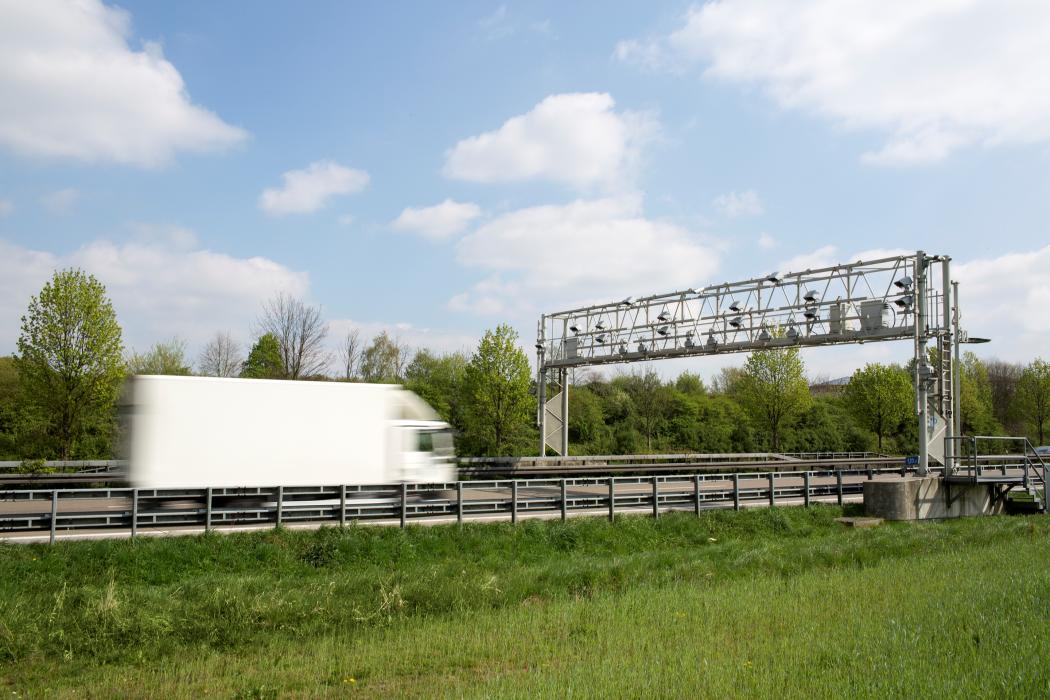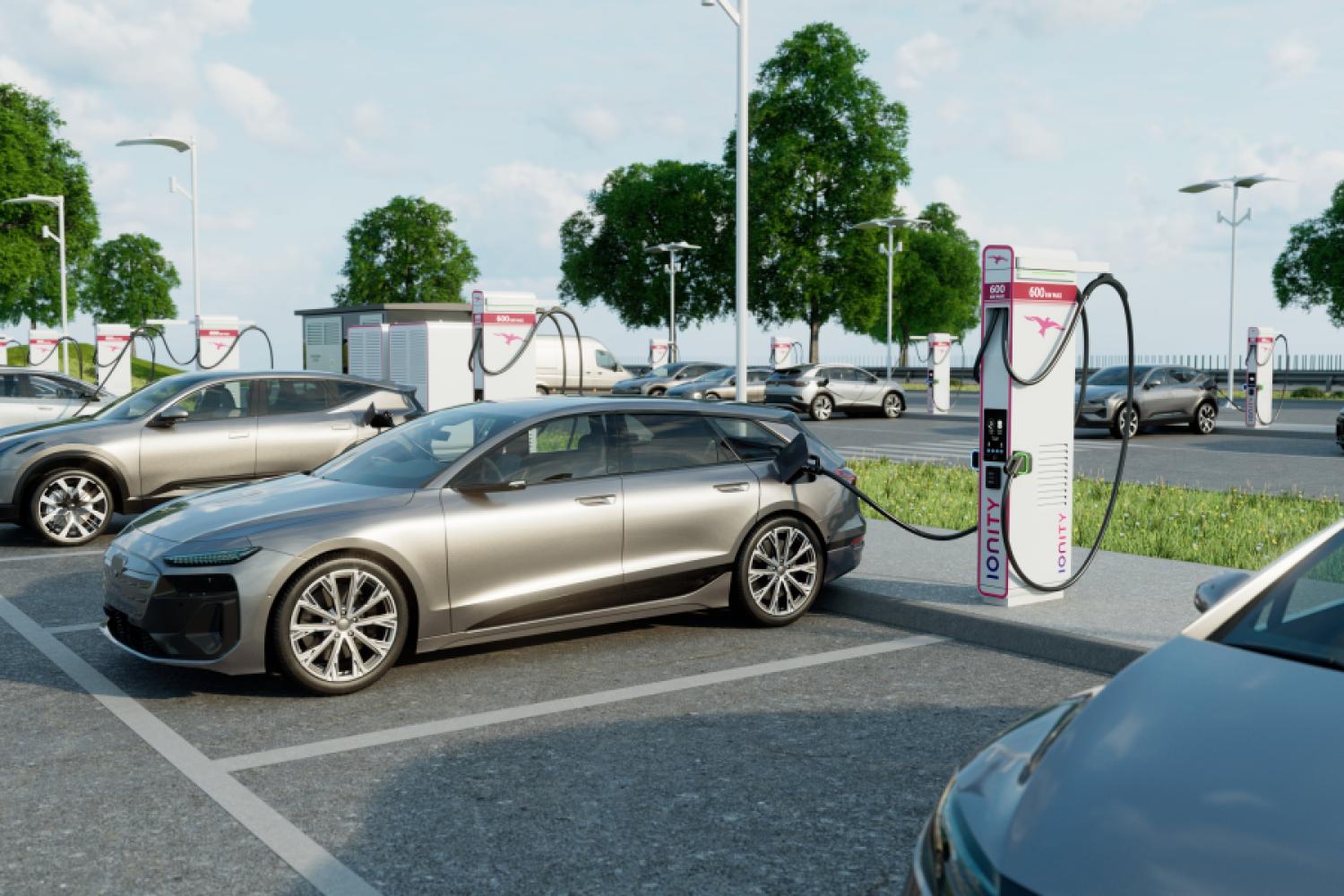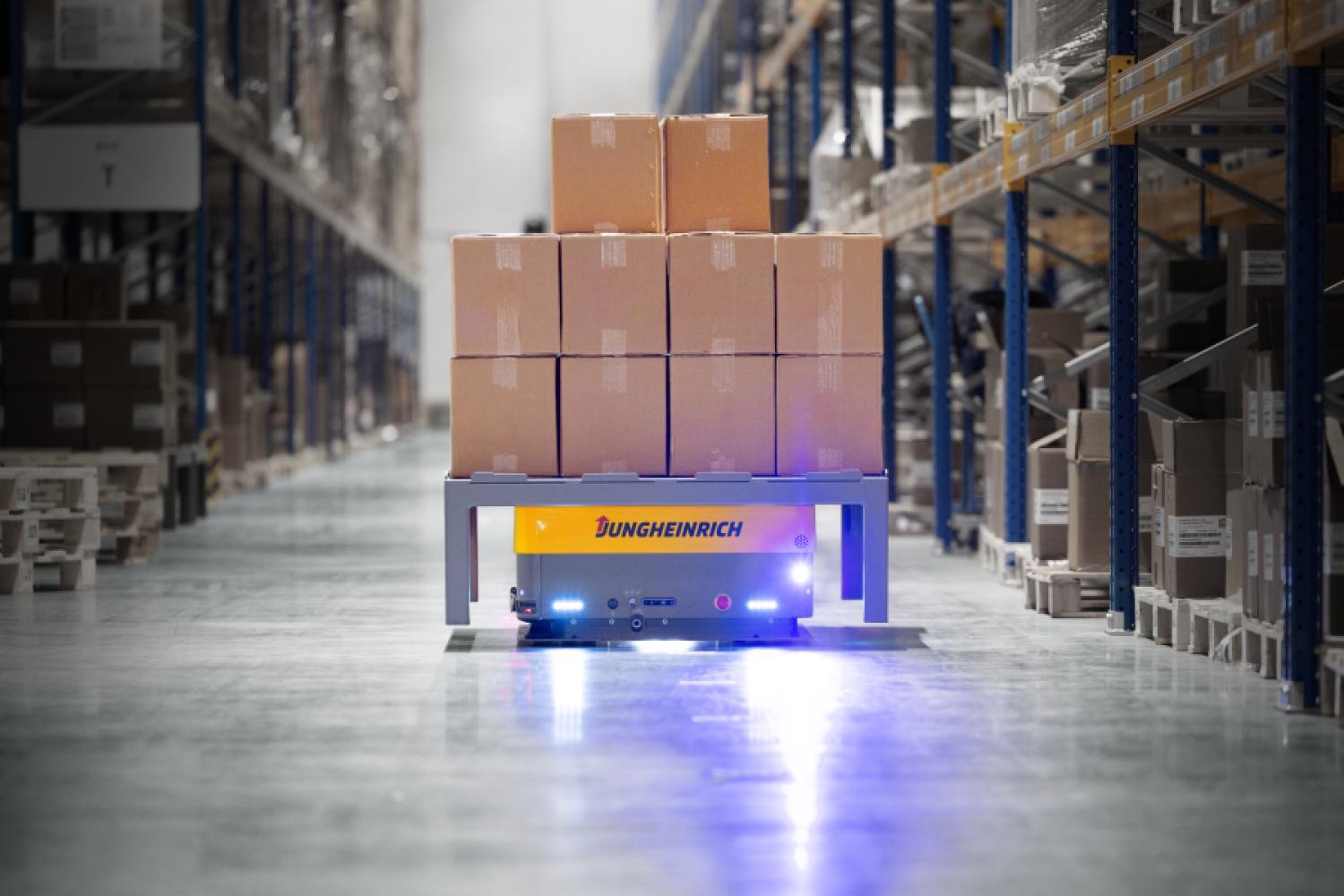The economic challenges in Germany are immense, and freight transport, as one of the main pillars of the economy, is under pressure. The Federal Association for Internal Logistics & Shippers (BWVL) has therefore presented a comprehensive position paper, which is already addressing the new federal government. In it, the association outlines urgent measures that it deems necessary to secure the competitiveness of the industry and thus Germany as an economic location.
Preservation and Expansion of Infrastructure
In the field of infrastructure, the BWVL demands reliable, long-term financing that is not oriented towards annual budget decisions. The revenue from the truck toll should be fully used for road freight transport – particularly for the renovation of bridges, the expansion of truck parking spaces, as well as the climate-friendly transformation.
Additionally, the association advocates for a uniform toll obligation without exceptions. Accordingly, cars and buses should also pay in the future.
Further central demands aim at utilizing the existing infrastructure more efficiently. This includes expanding the use of long trucks in cross-border traffic. Moreover, the permissible total weight of heavy commercial vehicles should be raised to 44 tons on suitable routes.
A nationwide implementation of benchmark values for "Low-Noise Logistics," as is already in effect in North Rhine-Westphalia, is also intended to distribute traffic more evenly throughout the day and thus reduce congestion.
If consistently implemented, the one-sided focus on road freight transport could, however, be at the expense of rail infrastructure. While the BWVL supports promoting Combined Transport, the measures for rail remain far less concrete. A more consistent shift of transports to rail could, however, contribute more significantly to CO2 reduction in the long term and also relieve road traffic.
Design transformation to be open to technology
In its demands catalog, the BWVL clearly advocates for the transformation towards climate neutrality. This is essential – however, it must occur in a way that is open to technology. Companies should be able to decide for themselves which propulsion technologies are economically and operationally sensible for them.
To facilitate investments in alternative drives, the association calls for the extension of toll exemptions for emission-free trucks beyond 2025, tax incentives for alternative drives and charging infrastructure, as well as targeted reinvestment of CO2 toll revenues.
Synthetic and biogenic fuels should also be tax-favored as a transitional solution to accelerate the decarbonization of the transport sector. Additionally, the BWVL proposes the introduction of a general speed limit on federal highways. Improvements in combined transport and the expansion of rail infrastructure should also help shift more transport to rail.
However, it should be discussed to what extent the technology-neutral approach actually leads to the rapid adoption of zero-emission technologies. Critics instead demand clearer guidelines and more targeted measures, which they consider necessary to ensure a quicker reduction of CO2 emissions.
Socially Responsible Road Freight Transport
Another persistent issue in the industry is the working conditions of truck drivers. Therefore, the BWVL calls for a portion of the CO2 toll revenues to be specifically used for social measures, such as the expansion of parking spaces and better sanitary facilities. The association also advocates for increased road safety through the promotion of alcohol tests in trucks.
Reducing Bureaucracy to Relieve Companies
The BWVL is also troubled by the bureaucratic burden in road freight transport, which hinders economic development. The association therefore calls for more efficient cooperation between federal, state, and local governments, the expansion of digital interfaces, and the continuation of the "Road Freight Commission" to continuously reduce bureaucratic obstacles. The focus is particularly on simplifying administrative procedures for large and heavy transports as well as recruiting skilled workers from abroad through fewer regulatory hurdles.
Conclusion
However, the extensive and, from the perspective of shippers and in-house logistics companies, completely understandable demands raise questions about financing feasibility. Earmarking the truck toll for road traffic could come at the expense of other transport sectors. Furthermore, tax incentives, investment grants, and special depreciation are associated with significant financial expenditures. As long as Germany adheres to the debt brake, funds from public budgets will be difficult to organize. Alternative funding sources or reallocations will be required.






